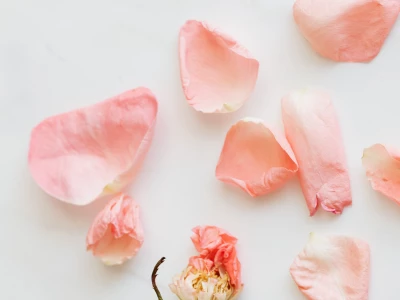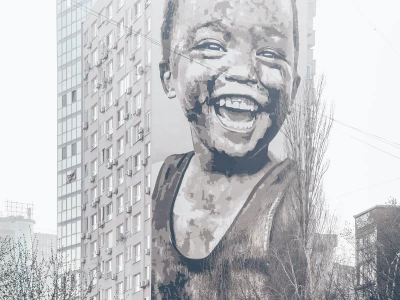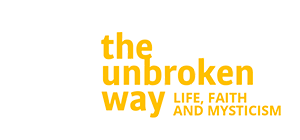Share this article
Why Patience is Key to Happiness and A Sense Of Peace
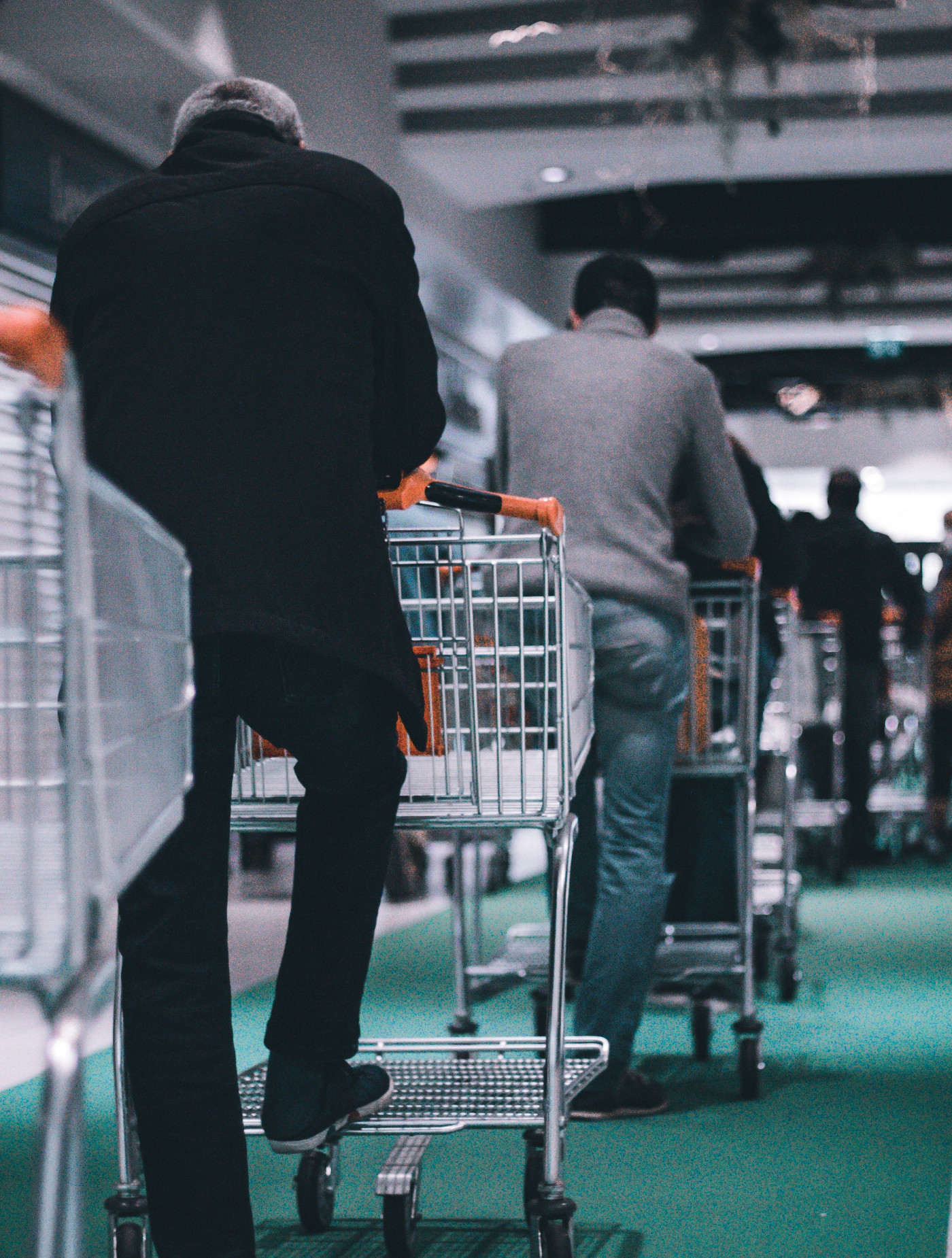
‘It is easier to find men who will volunteer to die, than to find those who are willing to endure pain with patience.’
—Julius Caesar, Roman politician and general.
Queuing At The Supermarket Check Out—A Short Story
‘What kind of an eejit am I to join this queue’, I said to myself as I stood in line for a check-out at my local supermarket. All kinds of murderous thoughts were running through my head as I watched the cashier, a young man in his early twenties with dark bushy hair and a gormless but friendly look on his somewhat innocent face. He was utterly distracted and scanning groceries with excruciating slowness. ‘I had to get him, of course. He’s probably a student and working here part-time,’ I thought, dismissing any possible credentials he might have for the job. I was, as usual, in a hurry to get back to work, but the young man was oblivious to me and instead looked around, guffawing away to himself as he attempted to chat up a female cashier in the next aisle.
When it was my turn to unload my groceries onto the conveyor belt, the young man turned to me with an endearing smile. ‘How are you today, Sir?’ he said with genuine warmth. I felt guilty for the way I had been thinking about him, so I struck up a conversation with him. I soon regretted my decision when I watched him grow more distracted with our chat. He was now scanning my groceries at a snail’s pace. I was losing the will to live when he pressed a button on the cash register to total up the bill. Then, to my horror, as he turned around in his seat to chat up another check-out girl, he hit some lever with his leg and cancelled the entire scanning process. ‘Oh, sorry about that, sir, he said to me, biting his lip. To his credit, I could see he was a tad embarrassed, but nevertheless, he still maintained his overall devil-may-care attitude while my blood pressure kept rising.
He called a supervisor, who was standing nearby. After taking one look at me, the supervisor beckoned to a more senior woman to take over at the till. She was a heavyset black woman from the Caribbean with a pleasant smile and placid manner. She had been given a heads up, and the first thing she said to me was: ‘There’s notta problem. Don’t you a worry. A’ll sort all dis out for ya’
As the woman slowly lowered herself into the chair, which the young man had happily vacated, I breathed a sigh of relief. It was then that I noticed the name on the woman’s name badge: Patience
I was gobsmacked. The curious synchronicity of meeting a woman named Patience, whose whole demeanour exuded calm and patience while I was in a silly state of agitation and impatience, was not lost on me. Some might say it was a coincidence, but I believe my whole experience in the supermarket was no accident. Instead, I was being reminded of what I had known for a long time but hadn’t done much about: I needed to slow downand have more patience.
The Benefits Of Being Patient
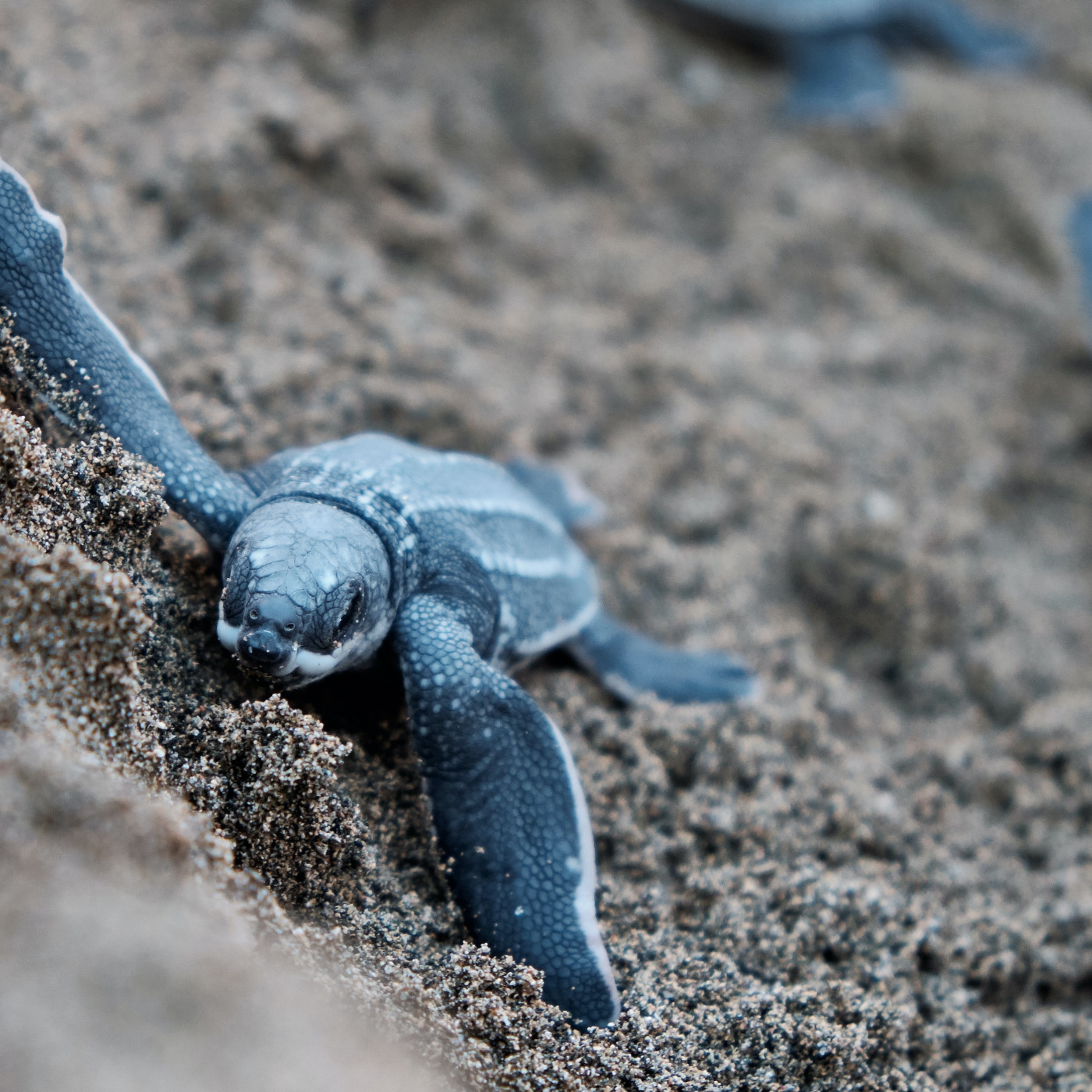
'We could never learn to be brave and patient, if there were only joy in the world.'
—Helen Keller, US blind & deaf educator (1880 – 1968).
I’d heard of the term ‘Patience Of A Saint’, so that’s where I began my research to try to be more present, stoic and calm. Someone I could relate to and was especially struck by was St Cyprian.(Died 258 AD) Famous for being hot-headed and impatient, he is now venerated as a martyr and is known for giving the best advice on how to remedy impatience. He even wrote a book called On the Advantage of Patience, in which he offers excellent advice on the subject. But what really gives him credibility is that he knew his topic from intimate, first-hand experience. He was keenly aware of the lack of his patience and tried to amend his ways.
Cyprian said that to become more patient, we first have to be convinced about how many benefits there are to it. He reminds us that life is full of obstacles, but that patience is the key to remaining peaceful and happy as we work through them. He talks about how the drudgery of work, bad health, and evil people can all entice us to act rashly. We often react quickly and end up hurting people we love or making ill-considered decisions we later regret. He advises that big decisions are better made after a time that is ‘long and greatly deferred to’. He goes on to mention how many other habits, such as self-control, peace of mind, devotion to loved ones, and gentleness, are all linked to having patience first.
Learn To Be Still
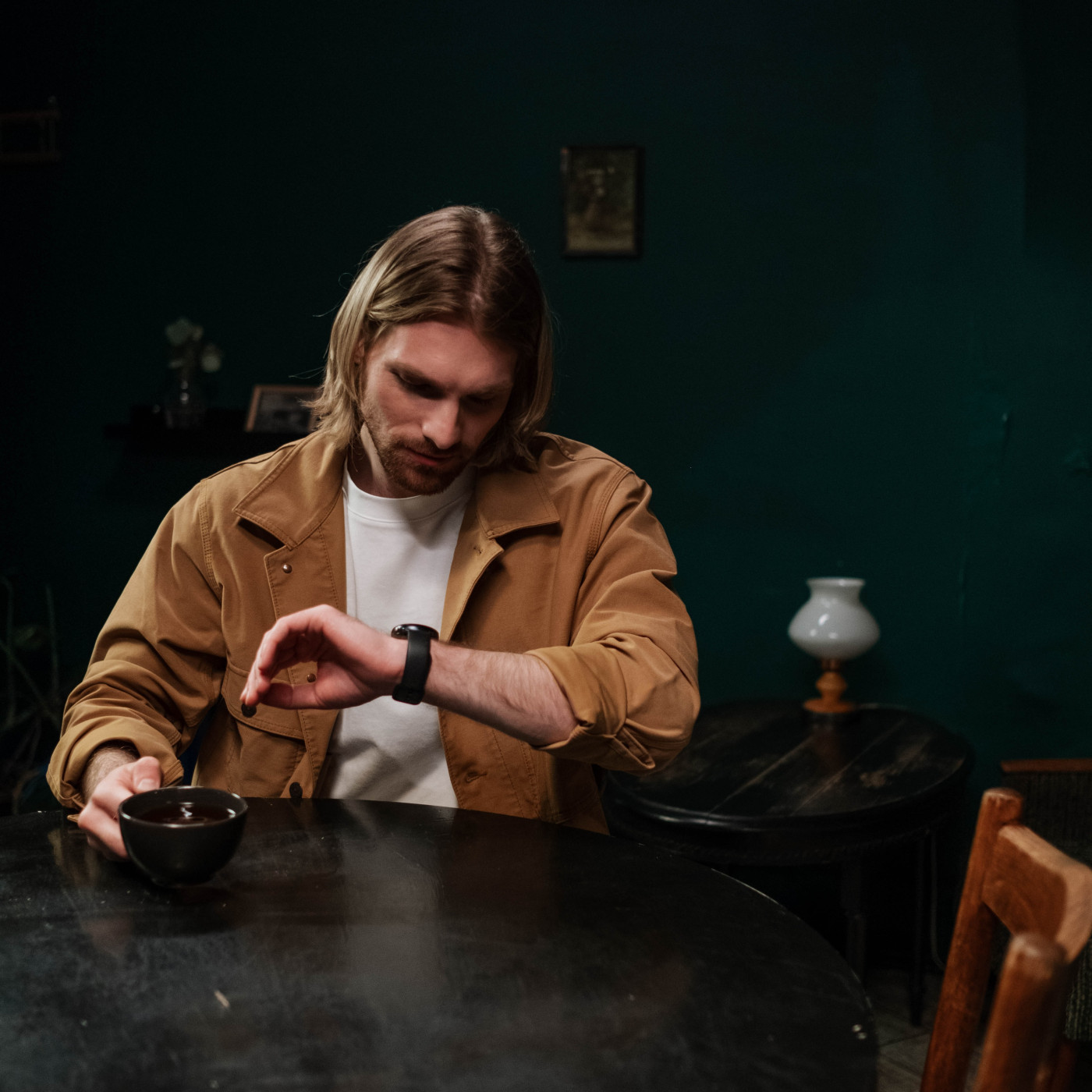
‘All of humanity’s problems stem from man’s inability to sit quietly in a room alone.’
—Blaise Pascal, French philosopher, mathematician, scientist, inventor, and theologian.
Impatience and wanting to see quick results or the impulse to take action at any cost is often driven by fear.Fear fuel’s an unconscious belief that if we don’t keep busy, we’ll lose out. We then become conditioned to think that we can only navigate life by struggling with intense effort.So, we speed up. Our consumerist culture is only too happy to reinforce this attitude. It motivates us to hurry up and to grow impatient until we acquire the latest gadget or travel to some exotic location.
Another consequence of fear is what behavioural scientists call commission bias, the tendency to err on the side of action over inaction. It happens when we don’t see results. We get impatient and feel a strong urge to do something—anything—to accelerate our ‘progress’. But as Stephen Covey says in his book, The 7 Habits of Highly Effective People, ‘If the ladder is not leaning against the right wall, every step we take just gets us to the wrong place faster.’
Often the best thing we can do is nothing—and let things unfold in their own time. Instead of constantly thinking, Don’t just stand there, do something, we should at least consider thinking, Don’t just do something, stand there.
Living in fear with accompanying struggle and impatience is no way to live. Thankfully there is an antidote for fear —it’s called faith. Faith is the bedrock of slowing down and having patience. ‘If you have a hundred per cent faith, you will have zero per cent fear’, my late wife, Cushla, used to say to me. It was a saying she had conceived herself and on which she lived by. I was in awe at how she patiently accomplished what was meaningful and worthwhile by letting go and surrendering to God’s power. Instead of ‘trying harder’, she trusted in God more.
Patience and Happiness
I’ve said before in these articles that Cushla was the happiest and most patient person I ever knew. And sure enough, scientists have discovered these two states of mind and being are linked. According to a 2007 study by Professor Sarah A. Schnitker of the Fuller Theological Seminary and UC Davis, psychology professor Robert Emmons, patient people tend to experience less depression and negative emotions, perhaps because they can cope better with upsetting or stressful situations. They also rate themselves as more mindful and feel more gratitude, more connection to mankind and the universe, and a greater sense of abundance. In a 2012 study, Schnitker sought to refine our understanding of patience, recognising that it comes in many different stripes. One type of patience is interpersonal, which helps us face people who exasperate us with a measure of equanimity. In a study of nearly 400 undergraduates, she found that those who are more patient toward others also tend to be more hopeful and more satisfied with their lives.
Share this article
Categories
in your inbox
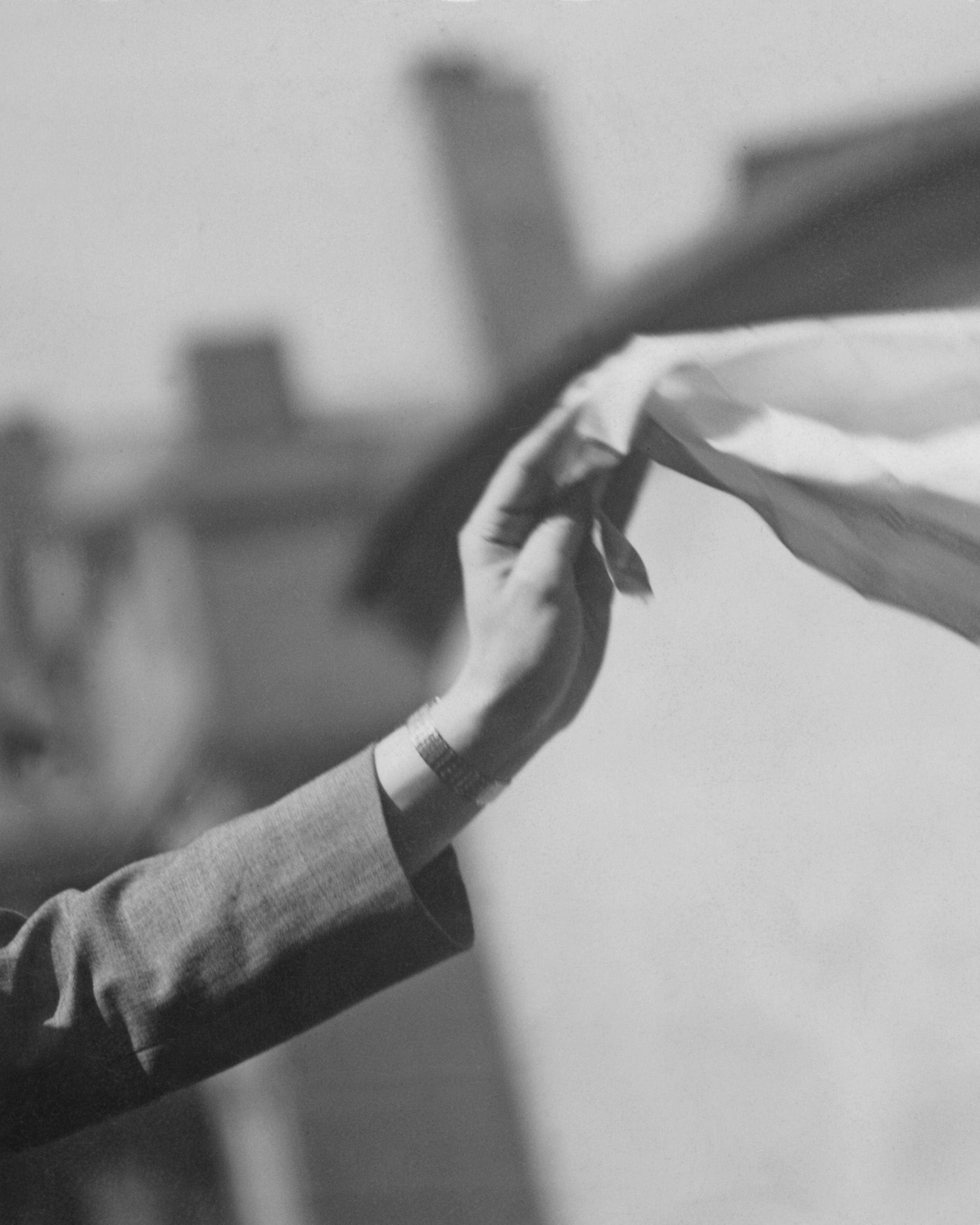
Slowing Down





